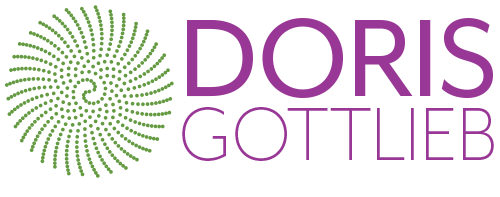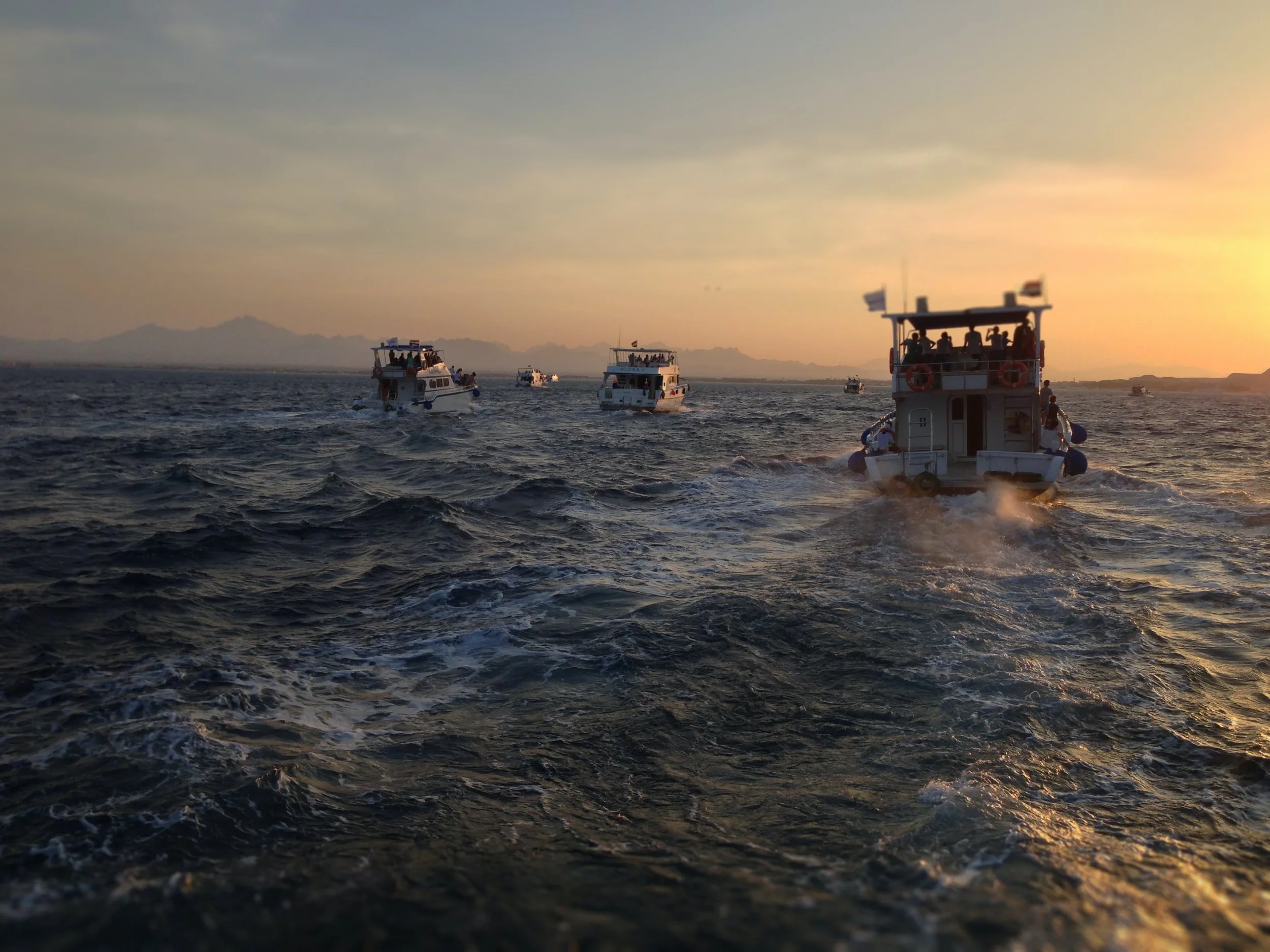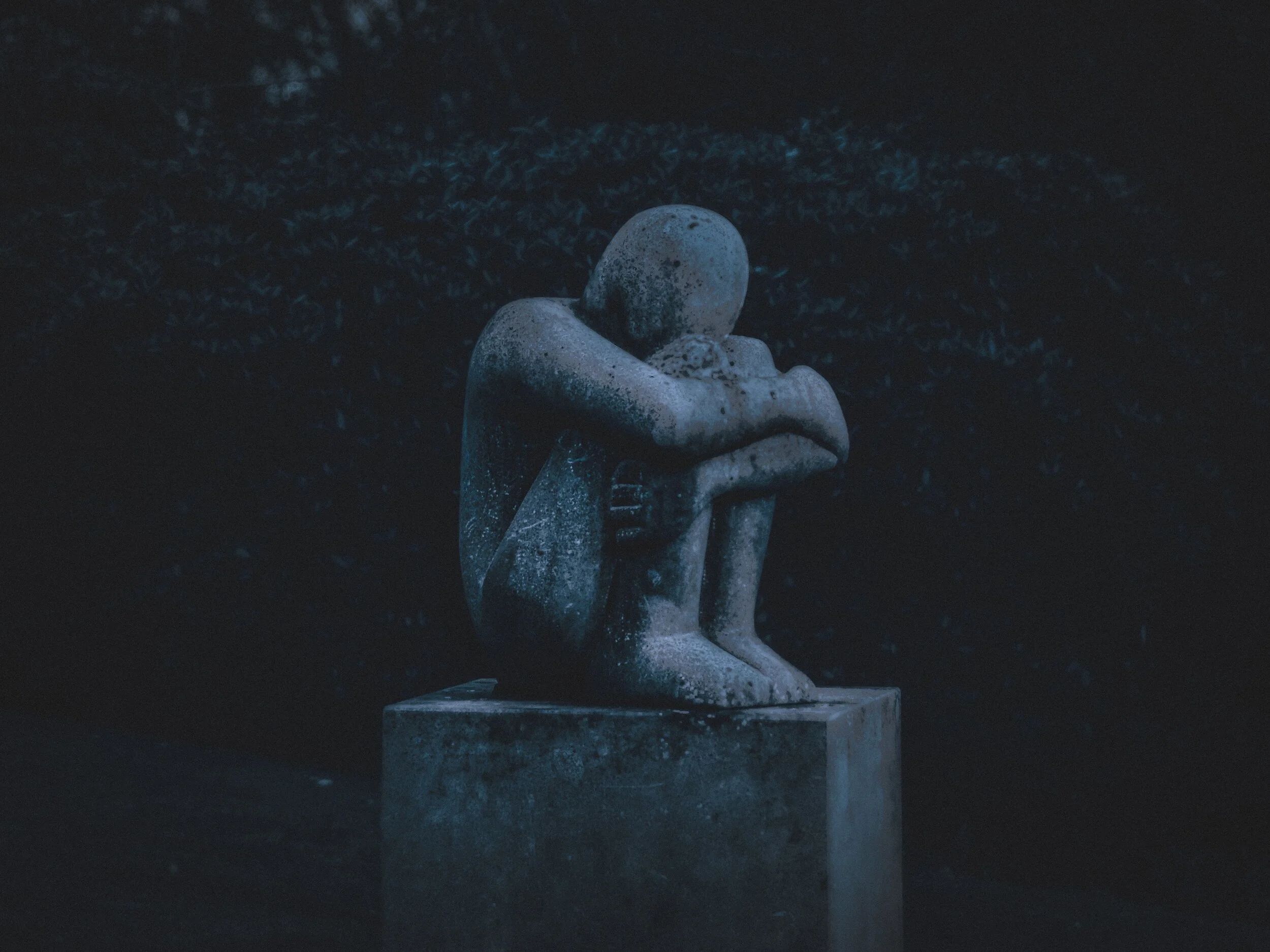“Remember to take your vitamins. When things get difficult, like they are now, you have to focus on your health.” These were the words my mother shared with me the day I told her I was getting a divorce. I remember being very angry when she said that. “Take my vitamins? Didn’t you hear what I just said? My life is turning upside down, and you’re talking about VITAMINS?!?”
Have you ever stopped to imagine what it was like for our ancestors, discovering new worlds? Recently, I’ve been spending a lot of time not just thinking about it, but trying to feel it — trying to put myself in their shoes. What must those experiences have been like? Stepping into a new landscape, one they had to navigate to survive, with the hope that they might even thrive. There’s something profound in imagining how little they may have known — neither the dangers nor the opportunities fully revealed. Continue reading here
Way back in 1987, I was getting a Master’s Degree in Communication and was writing one of the many papers that formed a part of the education. Often I found myself in the library exploring stacks written about whatever subject I was researching. I loved going down those physical rabbit holes looking through card catalogs, and microfiche in dark corners of the university library, not knowing what I was going to find.
Awhile ago, a friend came to visit me. It was the first time in a long time that I’d hosted someone who hadn’t ever been to Amsterdam. During our walks around town I was able to see the city through her eyes enjoying the typical sites,
In a world that talks about efficiency and quickness, I can find no better way to work fast and be efficient than by slowing down to be able to reflect before jumping into action. Read More
Emergence of the new often happens on the outskirts of our awareness. The time between the Christmas holiday and the New Year is a good time to stop and look at what is happening at the margins. Read more.
As I look at the world these days, I remember the wise words that,“you can never go home again.” Even as we start going “back” to old habits like flying, going to an office, eating out with friends inside a restaurant, the reality of what we are going into remains unknown and volatile. We are still in the midst of an uncertain and highly unpredictable situation.
I love working on development processes with organizations. My approach is based on the belief that the key to healthy organizational development lies within the organization itself. It’s also based upon understanding that effective change must come from within the organization, and that when you look openly and honestly to what is really there, solutions will arise. continue reading
It is said that the only constant in life is change. If that is so, then it also holds true that if grief responses are constant.
All change means letting go of something, and all letting go brings with it some form of grief. Grief expresses itself in many ways. Learning to identify those ways and become familiar with your own and other' people’s grief responses allows grief to take its place as a “human superpower” to navigate through a changing world. Read more
How being told to “take my vitamins” gave a clue to sustainably working with constant change
What I have come to know working with and for organizations is that the advice of attending to health is a great asset for successfully navigating the complexities of change, important for organizations as a whole as well as for individuals
In this time when there is so much change I find it useful to remember an old Spanish saying hay que dar tiempo als tiempo” or give time to time. Learning to notice that each project has its own time dictated by something other than just one’s will helps to me to be able to stay focused and present even when I get impatience. Read more here
It’s almost redundant to write that 2020 has already been a year of great and rapid change on a global scale. There is so much to say about that, but over the past weeks my attention has been drawn to notice that we are in the midst of a global collective learning-intensive.
Your conduct is the most visible evidence of what you are putting into the world. Regardless of what is said, promised or imagined, it is the conduct of people that determines the true outcome. I’ve long been dedicated to developing consciousness of conduct as a way to support people who want to lead in ways that are life-nurturing.
I regularly post guest articles on the Genuine Contact website. This time it is about learning to place trust in simple processes that work.
One of my favorite sayings is “you can’t push a river.” The image of people, their faces contorted in concentration, arms flailing, trying to push the river always makes me smile. The river has its own time, its own rhythm. It will be ready to move when it’s ready. The lesson is clear, things move with their own timeline, it works better to learn to be attentive to the moment and learn to harmonize your actions to that natural timing. read more
So often meetings are seen as a waste of time or a waste of energy. it is such a shame, since in reality people coming together is one of the ancient ways we as humans have been able to harness our group wisdom. Meetings can be a catalyst for creativity and connection. It’s time to take them back. Find out more here
There is a simple fact: Change is Constant, and we as a species have been doing quite well at living in it. It is time to re-examine the conventional wisdom that says otherwise. I have found that opening my mind to this fact has profoundly influenced how I work with organizations. You can read my Guest Bog posted on the Genuine Contact website to find out more
When I began working as a consultant, it was with a commitment and desire to make things better for people and the organizations in which they worked. I was idealistic and wanted to make a positive contribution. As I began to learn and work in the field, I was taught to look for the problems that existed within people, organizations, and teams. I learned to work with many tools and develop interventions that helped me put my finger on “the problem that needed to be fixed,” read more
Does this sound familiar? You are tired, overtired, at the end of your rope? You have too many things going on, you haven’t eaten well or moved your body in hours. And just at that moment, something important comes up. Perhaps it is a difficult conversation you have to have with a colleague, client or friend? Perhaps an unforeseen opportunity crosses your path requiring quick action? Or maybe you get a flat tire or run out of printer ink? And there you are, exhausted unclear and unprepared physically, mentally and emotionally for what is in front of you. You go on anyway, but at what cost? read more
Especially in our hectic and future oriented societies, it is important to remember and practice reflection. In this guest blog I speak about the way good reflection supports action in the future. Read more
Another in my series of guest blog’s for the Genuine Contact Program website. This time about the wisdom of slowing down, a necessary element when you want to make progress.
I wrote this post for the Genuine Contact™ Website about how believing and acting like everyone I meet in an organization (or in life) is precious has transformed the way I interact, and the way I work. You can read more about it here
When I first began to study organizations back in the 90’s the dominant view of larger groups was that they were dangerous. Expressions abounded about the futility of bringing large groups of people together; “an individual can be a genius but a group of geniuses becomes an idiot,” was the conventional wisdom. I was taught as a trainer that working alone with groups larger than 16 asking for trouble. The consensus was, and to a great extent still is, that large groups of people become like a mob, exhibiting no real intelligence, following blindly a leader or descending into chaos. Read More
Thinking the same is not a pre-requisite for being able to find alignment on approaching challenges and tackling difficult issues. Open Space Technology is a method that enables you to allow difference to create transcendent knowledge and great solutions. Read more
“Thank you for helping to remind me that the people I work with are human beings.”When you do you can resolve an ongoing conflict by recognizing the full humanity of each person. Read More
In October I had the opportunity to give a talk at conference organized by the COS Collective on the subject of Wise Action and Uncertainty. During a stormy week in October we explored how people from different sectors of society both personally and professionally can address the question "What do you do when you doing know what to do?"
Years ago I moved to the Netherlands to work in a Dutch professional University. I was surprised that many students had real difficulty with even the basics of writing academic papers. In talking to my colleagues, I found out that they were very frustrated about this. Their explanation for it was that it the students weren’t intellectually curious. Read More
Have you ever noticed that when when you’re not feeling well nothing goes right? Maybe it’s physical, a flu or dealing with the flair up of a chronic condition. Maybe it’s emotional, you had a disagreement with a friend and it is wearing on you. In these moments almost everything is just one thing too much? Even needing to make an extra phone call or taking an extra trip to the store can be complicated. Read More
In 2009 I was at a Summer Leadership Intensive from the Genuine Contact™ Program. The facilitator, Birgitt Williams, invited the group to reflect on this question: “How much structure do you (personally) need in order to feel free?” I have carried this question with me ever since. It informs my work facilitating emergent, participative and co-creative organisational development. Read More






























